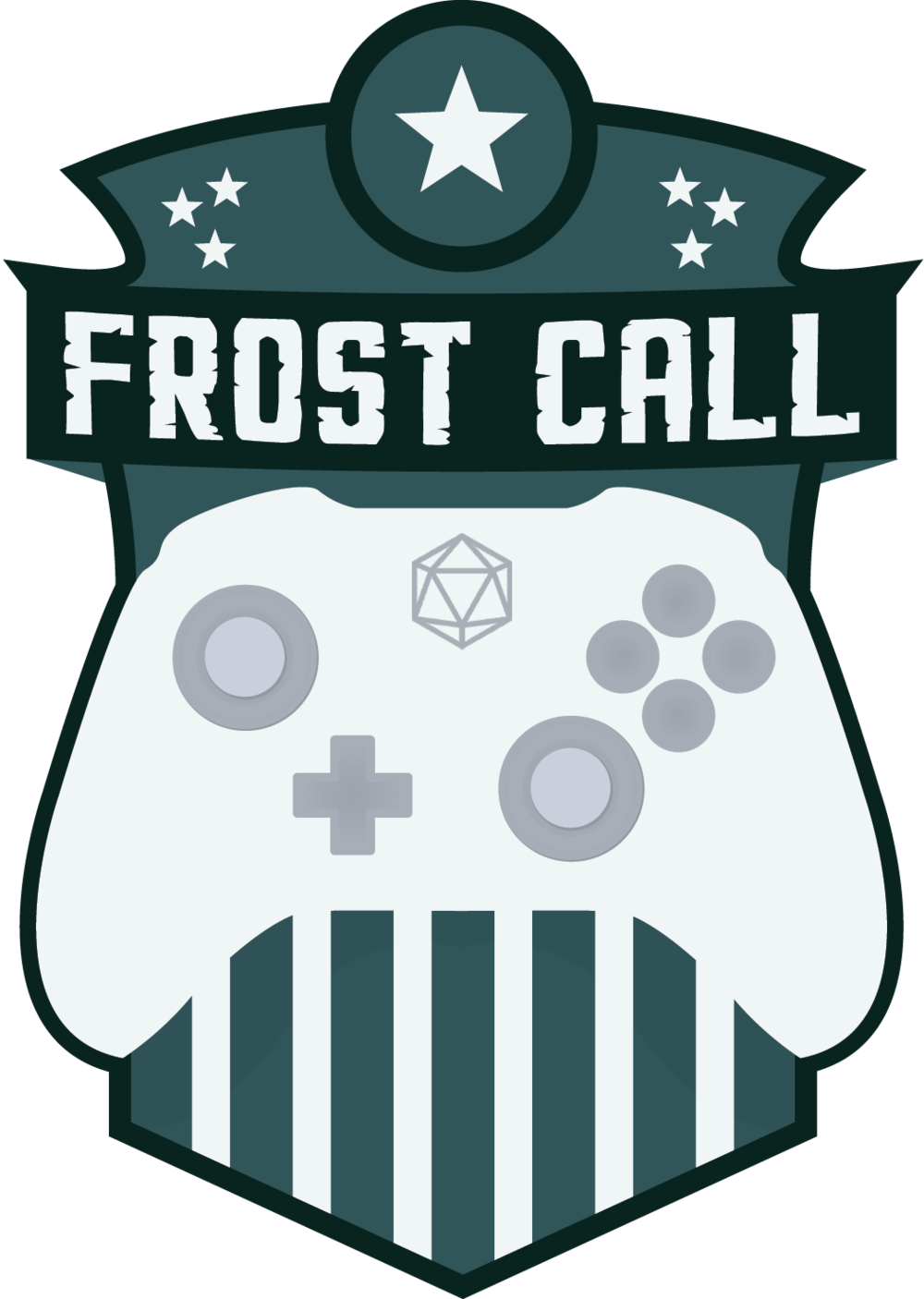PTSD and Pushing Past the Stigma
Particularly within the veteran community, getting help is often seen as something of an admittance of “failure.” We should be able to do it on our own, the thought goes, rather than rely on others to give us a hand. Then there’s the fear of the diagnosis. Meeting with a mental health provider and receiving the diagnosis of PTSD can be incredibly intimidating, as it forces us to acknowledge something we may have known was true all along. Still others may struggle to reach out for help simply because of a well-meaning belief instilled in the military: “Let those who need it more go first.” So for today’s Mental Health Monday post in support of PTSD Awareness Month, let’s tackle each of these stigmatizing beliefs and encourage ourselves to get the help we need.
“Getting mental health support for PTSD means I am too weak to deal on my own.” This belief implies that as veterans, we should be tougher and more resilient and simply keep pushing through until we figure it out. Certainly this fits well with the military ethos of “adapt and overcome.” But at the same time, this completely contradicts the foundation of our military training! Grunts don’t run into battle without their fireteam or platoon, snipers don’t go out without spotter teammates, and don’t forget about “air support” or “artillery support.” “Support” is right there in the name. If we get wounded in combat, we have some first aid skills to patch ourselves up, but beyond that we call for a corpsman or medic. We were taught to play to our strengths and rely on others for their own. Getting support from experts in mental health is no different. So if this thought is keeping you stuck, consider that your military experience encourages teamwork with other MOS’s, and mental health providers can have your back.
“If I get a diagnosis of PTSD that will make it real.” This form of stigma is twofold: on the one hand, we’re worried about coming to terms with something we may have worried about for some time; on the other hand, we may be even more fearful of being labeled the “crazy veteran” by strangers, friends, or even family. If this is getting in the way of your seeking help, consider the flip side; having a diagnosis can be strangely comforting. Once you have a name, you have some degree of power over it. Not that you can control your PTSD, but that you can better understand some of the difficulties you’ve been facing and, importantly, what resources might help. You can’t control the perceptions of others, but you can work towards personal change, and the clarity that comes with a diagnosis can empower you to begin your mental health journey.
“Others deserve it more than I do.” This one is tough because it’s so well-meaning. We are taught in the military to never leave a service member behind, and to get chow last when there are more junior service members waiting. Why not put ourselves in the back of the line when the nightmares, the fear, and the terrible memories are getting harder and harder to manage? Well, that’s because mental health doesn’t work that way. First of all, let’s acknowledge the endgame here. Waiting until no other veteran needs mental health support just isn’t realistic, and may reflect some degree of denial rather than a realistic decision to wait. So if that’s the case, ask yourself if there might be something else getting in the way of reaching out (perhaps anxiety?). But it’s also important to remember that as a veteran you have a right to healthcare related to your service. And it’s not just supporting yourself, by the way. Think about your kids, partner, or family members who might depend on your for support. Don’t they deserve to have a happy, healthy, loved one? In fact, family members are often the driving force for veterans seeking mental health care. Consider the old adage about experiencing an emergency during a flight; you have to put your mask on first before you can help others.
A couple parting thoughts here. If you are stuck in the stigma trap but recognize that it may be helpful to get mental health support, consider the “good friend test.” Imagine you were talking to a good friend who expressed the same reservations you have. What would you tell them? Is it something completely opposite of what you’re telling yourself? If so, it’s a good sign that the arguments above might benefit from some increased skepticism. Consider exploring some of the mental health resources on PTSD at trusted websites like the National Center for PTSD (www.ptsd.va.gov) and About Face (https://www.ptsd.va.gov/apps/aboutface/) to learn more and perhaps reach out to a trusted friend for their thoughts as well. As always, you can also check out the veteran community here at Frost Call in our discord where you will find PLENTY of veterans who would love to change your mind so you can get the help you deserve.
